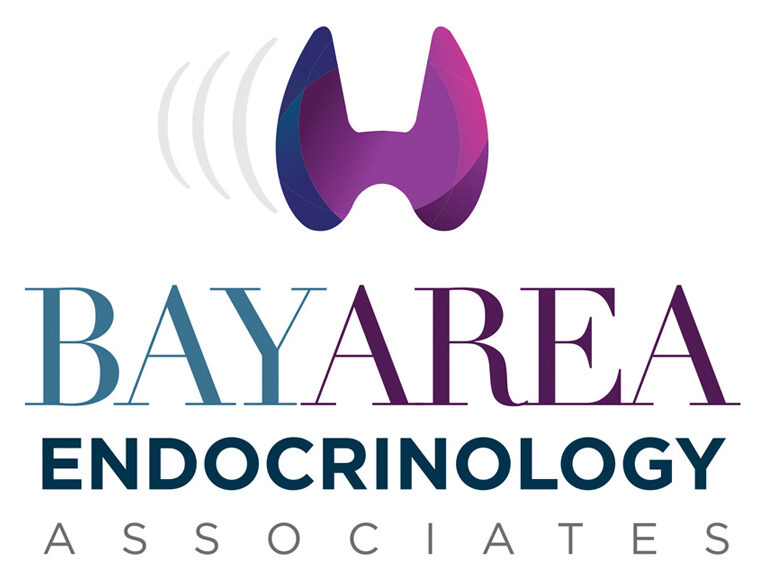Your thyroid is a gland that is found in the lower, front section of the neck, just below the Adam’s apple. It wraps around the windpipe (trachea) and supports the voice box (larynx). It is a rich source of blood vessels, and it has a shape that resembles a butterfly because of its two side lobes that are joined in the middle by a bridge (isthmus).
The function of the thyroid gland is to manufacture and store the body’s important hormones that support the internal regulation of your body temperature, blood pressure levels, and the heartbeat rhythm. These hormones circulate through the bloodstream and impact the performance of every tissue and cell. The thyroid gland hormones also play a significant role in your growth pattern, metabolism, and the conversion rate of food into energy.
Iodine is the main component that enables the thyroid to make two vital hormones known as T4 (Thyroxine) and T3 (triiodothyronine). A third important hormone made by the thyroid is calcitonin. This hormone activates bone cells to increase bone calcium. The pituitary gland is an endocrine gland that is located at the base of the brain and weighs less than 2 ounces. This gland signals the thyroid gland during the production of hormones by a system called TSH (thyroid stimulating hormone).
When the pituitary and thyroid glands are working properly, there are no adverse effects. However, higher TSH signals from the pituitary gland resulting in lower thyroid performance. Lower pituitary TSH signals will result in higher thyroid performance. Low levels of thyroid hormones are known as hypothyroidism, and it causes your body’s systems to slow down. Conversely, high levels of thyroid hormones are known as hyperthyroidism, and it causes nervousness, irritability, and rapid heart rhythms.
Thyroid disorders manifest in many forms. Some symptoms of an underactive thyroid gland include swelling in the thyroid area, tiredness, brain fog, constipation, weight gain, and sore muscles. Some symptoms of an overactive thyroid gland include anxiety, fast heartbeat rate, diarrhea, weight loss, frequent perspiration, and increased risk of diabetes.
If you have any doubt that you, or a loved one, may have a malfunctioning thyroid gland, it can be diagnosed by a visit with a board certified Tampa Endocrinologist, . A defective thyroid can sidetrack your normal performance. The sooner you have a thyroid disorder treated, the sooner you’ll be back on track.







